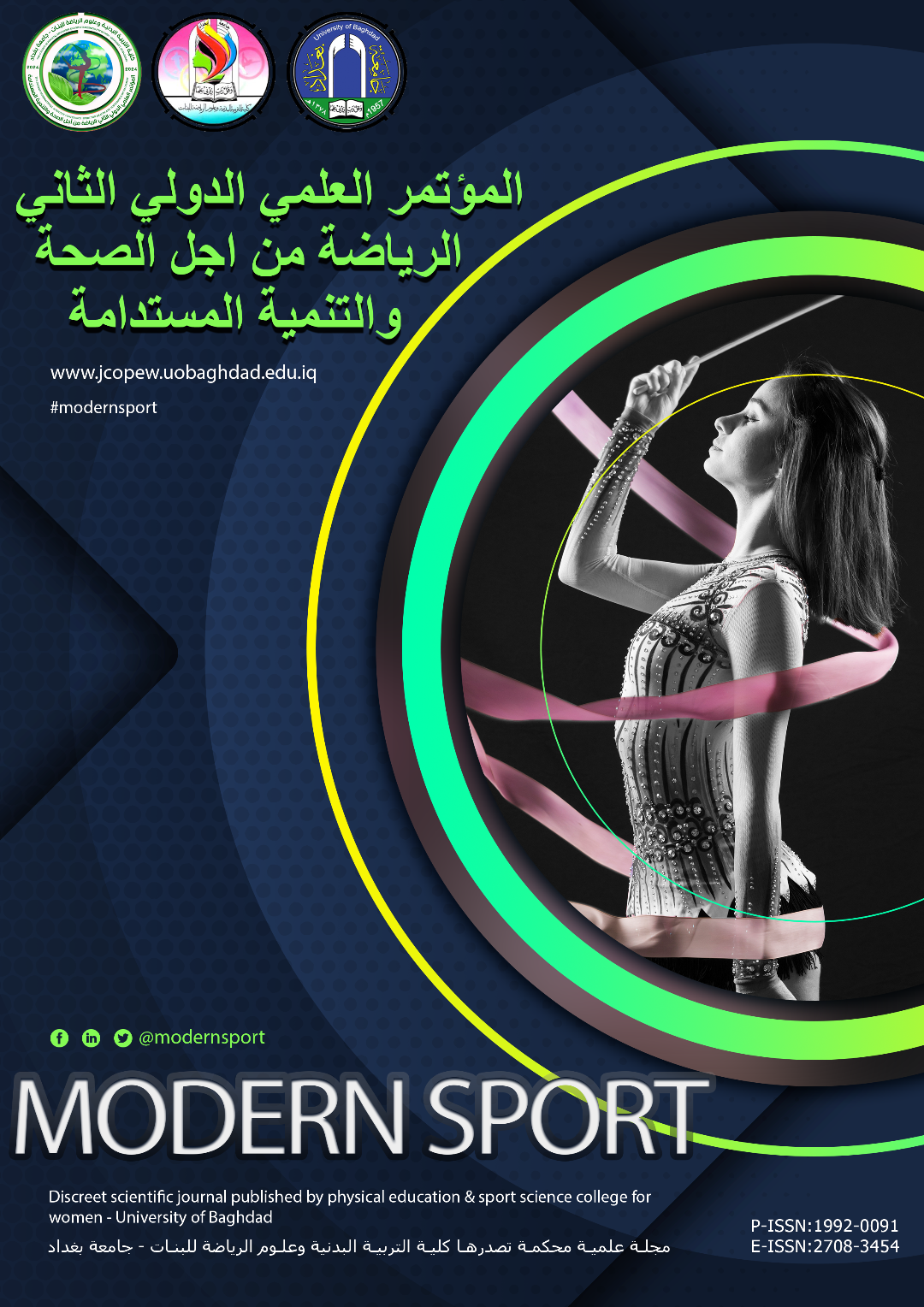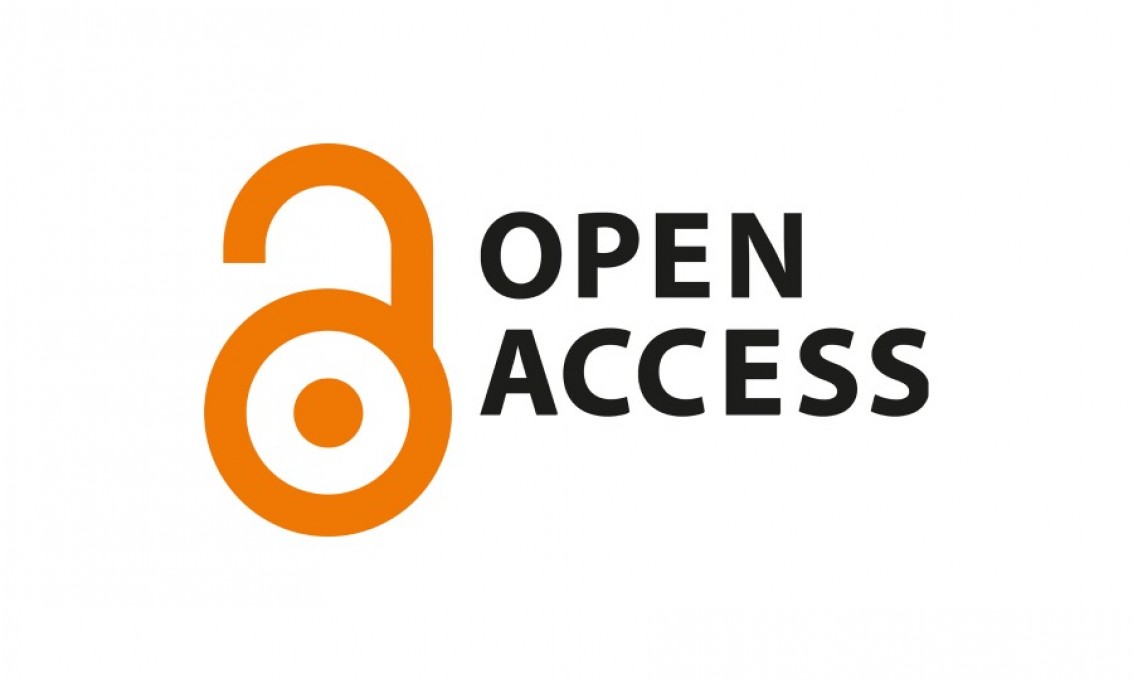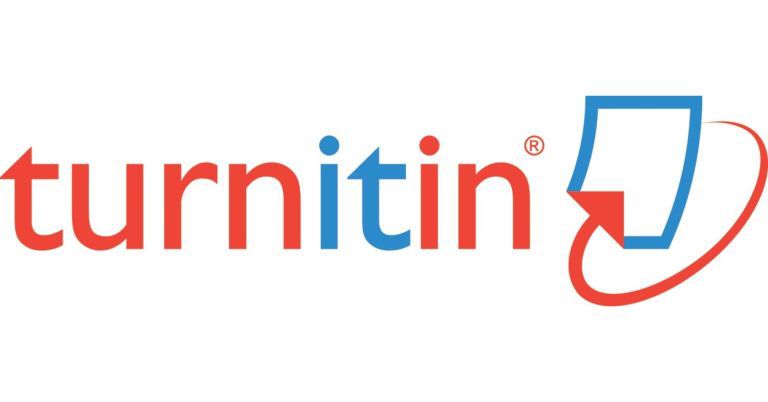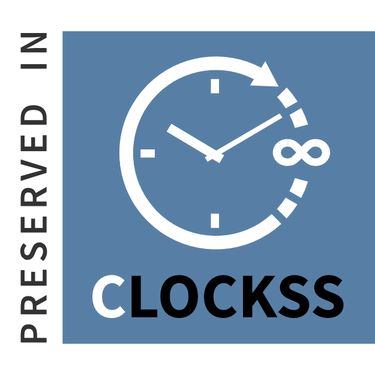Neuromuscular compatibility and its relationship to the speed of skill performance among Abbasiya Youth Forum football players
DOI:
https://doi.org/10.54702/sfy7bx97Keywords:
muscular compatibility, speed of skill performanceAbstract
Performing a movement requires a degree of compatibility between the nervous and muscular systems, and the importance of neuromuscular compatibility is highlighted by the beauty of performance in the game of football, and this comes through mastering its basic skills as well as the integration of physical performance, and this in turn leads to mastering skill performance and scoring goals, which is the goal of this game, which Players strive to reach it. Given that the researchers are interested in this game, players and observers of its matches noticed that there is a clear defect and weakness in the speed of skill performance, especially when the players perform multiple playing positions on the playing field, which require combining two skills or using compatibility between the eyes and feet, or the eyes and the rest of the body parts, which is a basic requirement for integration. Technical Performance The aim of the research is to identify the relationship between neuromuscular compatibility and the speed of skill performance among Abbasiya Youth Forum football players. As for the research hypothesis, there is a significant correlation between neuromuscular compatibility and the speed of skill performance among players of the Abbasiya Youth Forum in football. The descriptive approach was used in order to suit it and the nature and problem of the research. The research sample consisted of (18) players from the Abbasiya Youth Forum, and they were chosen by lottery to implement the curriculum. The most important conclusions were that there is a significant correlation between neuromuscular compatibility and the speed of skill performance among the players of the Abbasiya Youth Forum in football. As for the most important recommendations, there is an emphasis on coaches testing their teams periodically for compatibility and speed of skill performance, as well as paying attention to developing neuromuscular compatibility among football players and the exercises used by them. Trainers must develop neuromuscular compatibility during performance.
References
- Abu Al-Ala Abdel Fattah. (1997). Sports training and physiological foundations. Cairo: Dar Al-Fikr Al-Arabi. p. 205
- Ahmed Mohamed Khater and Ali Fahmy. (1978). Measurement in the sports field. Egypt: Dar Al-Maaref. p. 457
- Hanafi Mahmoud Mukhtar. (1989). Scientific foundations in football training. Cairo: Dar Al-Fikr Al-Arabi. p. 93
- Saad Muhammad Qutb. (1985). Volleyball between theory and practice. Mosul: Higher Education Press. p. 67
- Muhammad Subhi Hassanein. (1995). Measurement and evaluation. Cairo: Dar Al-Fikr Al-Arabi. p. 426
- Muhammad Sobhi Hassanein. (2004). Measurement and evaluation in physical education sports. Cairo: Dar Al-Kar Al-Arabi, p. 313
- Fattah, M. L. A., & Ali, L. A. (2023). The Effect of a Training Curriculum in Developing the Speed Endurance and Strength Characterized By Speed for the Muscles of the Legs for Female Basketball Students. Revista iberoamericana de psicología del ejercicio y el deporte, 18(4), 361-363. https://www.scopus.com/record/display.uri?eid=2-s2.0-85175027923&origin=resultslis
- Al-Nedawy , R. I. A. ., & Saeed Al-Mousawi , S. Q. (2022). Effect of a training program on the development of physical abilities in football goalkeepers. SPORT TK-Revista EuroAmericana de Ciencias del Deporte, 11, 36. https://doi.org/10.6018/sportk.522961
Downloads
Published
Issue
Section
License
Copyright (c) 2024 Modern Sport

This work is licensed under a Creative Commons Attribution 4.0 International License.















